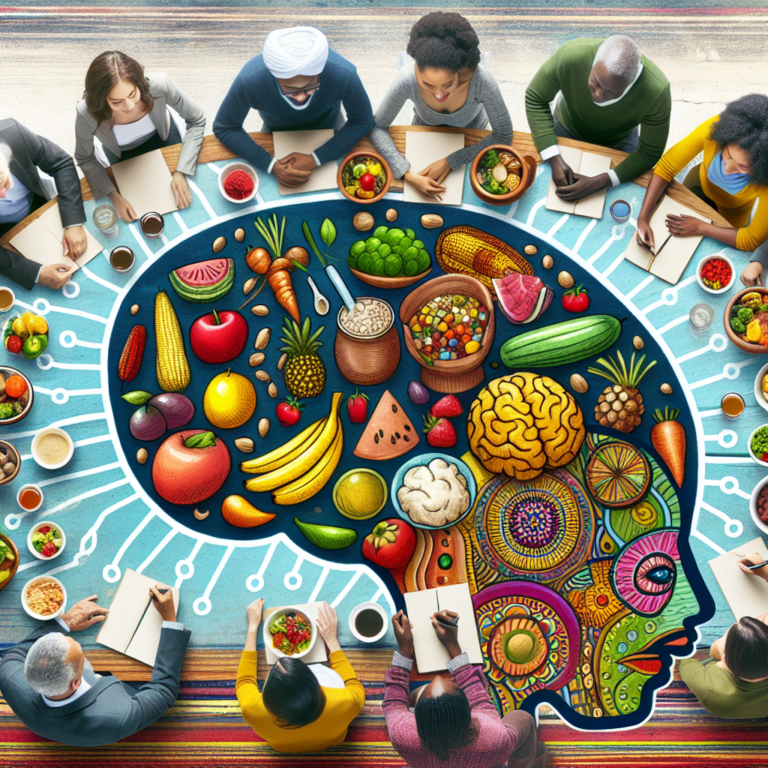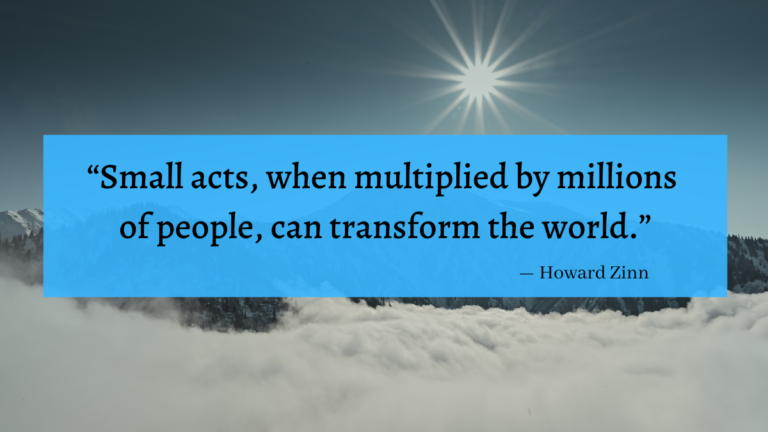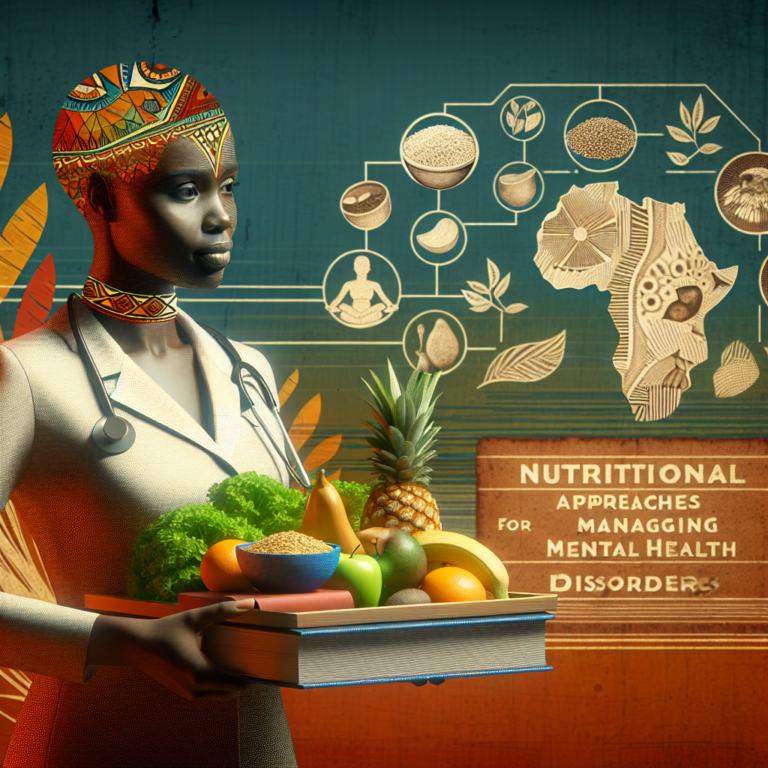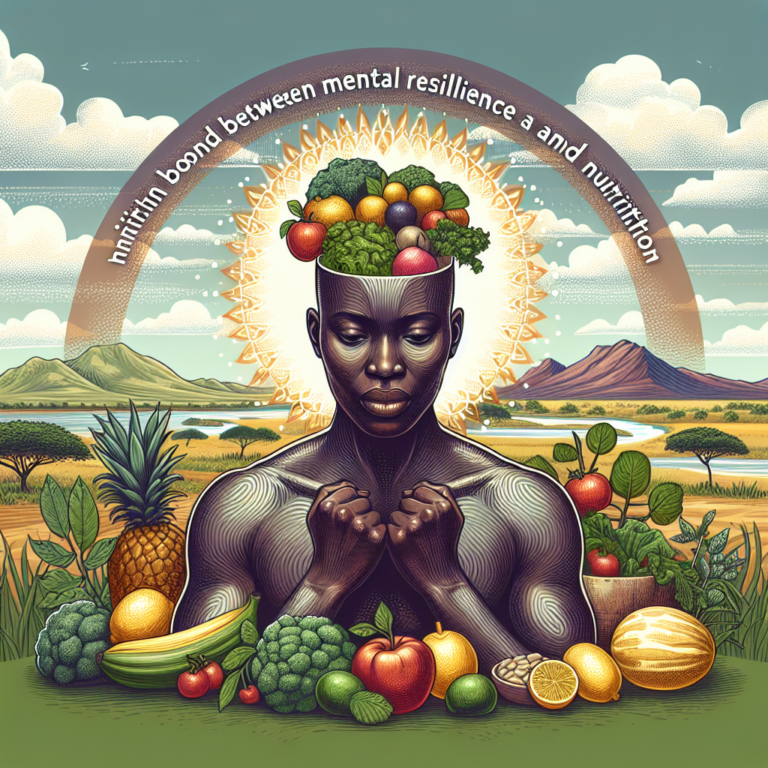If you or someone you care about is a surviving spouse experiencing widow grief, there are steps you can take to help you process your pain and slowly begin to rebuild your life.
Allow Yourself to Feel and Process the Grief
Grief is a natural response to loss. It’s crucial to allow yourself to feel the wide range of emotions associated with it. Sadness, anger, denial, confusion, guilt, or moments of peace and joy are all part of the grieving process. It isn’t linear — there’s no grief timeline or right or wrong way to “do” it.
Grief Counseling Online
You don’t have to wait for help processing your loss. Access grief counseling within days
Healing takes time, and you can’t rush it even if you’re feeling pressured to move on by others. Understanding the stages of grief can help you navigate this challenging time. Sit with your emotions without judgment as often as you need. Some days will be heavier than others, and that’s OK.
Lean on Your Support Network
Grief feels inherently isolating, but you don’t have to — and shouldn’t try to — go through it alone. Now, more than ever, is the time for you to lean on friends, family members, and your community. Allow them to offer you comfort, and don’t feel obligated to return the favor immediately.
If reaching out is too hard or overwhelming, start small. Accept an invitation for coffee, attend a local support group meeting, or call a close friend. Surrounding yourself with people who care about you will ease the burden and remind you that you’re not alone.
Consider Professional Grief Counseling
While your inner circle can offer tremendous support, you might need more professional support. Working with a grief counselor or therapist can provide a different level of healing. Mental health professionals trained in grief counseling can guide you as you process your pain and emotions. They’ll utilize grief therapy techniques to teach you coping skills that will get you through the hard days.
“While each person’s path in grief is unique, you do not have to walk it alone. There are so many benefits of talking to a therapist who specializes in grief or attending a grief group. Being able to get support during this challenging time not only decreases your isolation, it allows you to get support and gain tools to help at a time when it’s needed most. In a grief group it’s also an opportunity to share with others which can be a powerful healing experience. Grief does not have a time line, give yourself grace and know that your process is as unique as the relationship you had with your spouse/partner.”
If you’ve never done therapy before, start with a consultation to ensure it’s a good fit. Online therapy is a flexible, accessible option that can be less daunting since you won’t have to leave the house to get to your appointment.
Find Solace in Routine and Self Care
As a grieving widow, having a routine can give you a sense of stability and help you deal with grief. Following a plan for the day — making your bed, having a cup of tea, or going for a walk in the park — can ground you and bring moments of normalcy.
It’s essential that you prioritize self-care right now. Nourish your mind and body by:
- Eating healthy meals
- Staying hydrated
- Doing yoga
- Working out
- Reading a great book
- Doing anything you enjoy
- Getting enough rest
- Taking breaks in your day when you need to
Honor the Memory of Your Loved One
Celebrating your spouse’s life can be comforting and bring meaning to your grief. You might consider:
- Creating a memory box with cherished letters, photos, or keepsakes
- Planting a tree or garden in their honor
- Writing down your best memories, stories, and plans to keep their legacy alive
You can also find small ways to remember them in daily life. Listen to their favorite song, cook their favorite meal, or keep doing a tradition both of you loved. Honoring your loved one in purposeful ways can bring you a sense of peace.
Take Small Steps Toward Building a New Life
It might seem impossible today, but you will move forward eventually. This doesn’t mean you’re forgetting your spouse — it just means you’re finding ways to carry their memory while you start a new chapter for yourself. You can do this slowly — even small steps are worth the effort. With each one you take, the widow grief will subside more, and eventually, you’ll rediscover joy.
“While grief does not have a timeline, many people find it helpful to take small meaningful steps toward their healing. For some, that might be returning to work or to the church you attended, taking a walk on the same path you used to with your spouse/partner, attending the same restaurant for lunch with a trusted friend or family member, watching a favorite tv show, or volunteering at a new organization. It doesn’t matter what it actually is— it’s whatever is meaningful to you.”
Explore or rediscover activities, events, places, or hobbies that once fulfilled you. Try joining a book club, learning a new skill, or volunteering in your community — activities that many older adults and widows find fulfilling. By putting yourself out there slowly, you’ll find that doors begin to open back up. Remember, there’s no rush to get there. Take one step at a time when you’re ready.
Embracing Healing at Your Own Pace
Moving from a grieving widow to a place of acceptance is a personal journey. There’s no finish line for grief. Be gentle with yourself and honor wherever you are in the process. Above all, know that you’re not alone. There are so many resources available when you need them.
If you’re ready to start working through your grief, Talkspace offers convenient and affordable support with online therapy covered by Medicare and many other insurance plans. Working with an experienced grief therapist will ensure you have expert help as you navigate this difficult time — and you can even do it from the privacy and comfort of your own home.
Online grief counseling can be a vital step in your healing journey. Connect with a licensed therapist through Talkspace today and take the first step toward finding comfort and hope.











